Building Engineering
Building engineering is concerned with the planning, design, construction, operation, renovation, and maintenance of buildings. This encompasses the exploration of all phases of the life cycle of a building as an advanced technological system, and brings into consideration the impacts of buildings on their surrounding environment, as well as the impacts of the surrounding environment on buildings.
Facilities & Institutes
- Centre for Building Excellence
- Concrete Materials Laboratory
- Concrete Microscopy Laboratory
- Construction Group
- Information Systems in Infrastructure & Construction Lab (I2C)
- Hub for Advancing Buildings
- Indoor Microbiology and Environmental Exposures Lab
- Intelligent and Interactive Buildings (IIB) Lab
- The Building Energy and Indoor Environment (BEIE) Lab
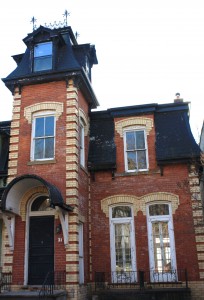
Related Faculty
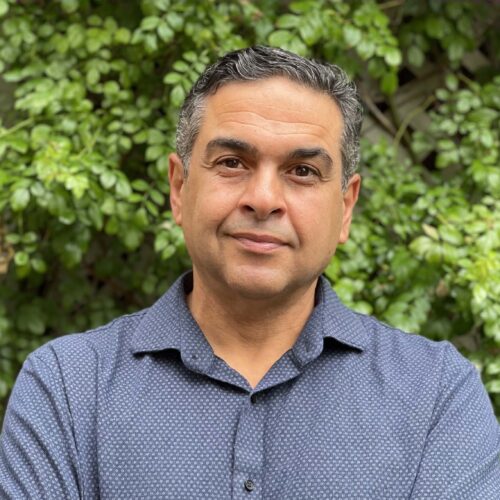
Tamer El-Diraby
ProfessorConstruction Project Management: Informatics and knowledge management (socio-semantic analytics)
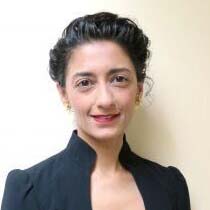
Daman Panesar
ProfessorConcrete Materials: Sustainability and durability of cement-based materials and structures
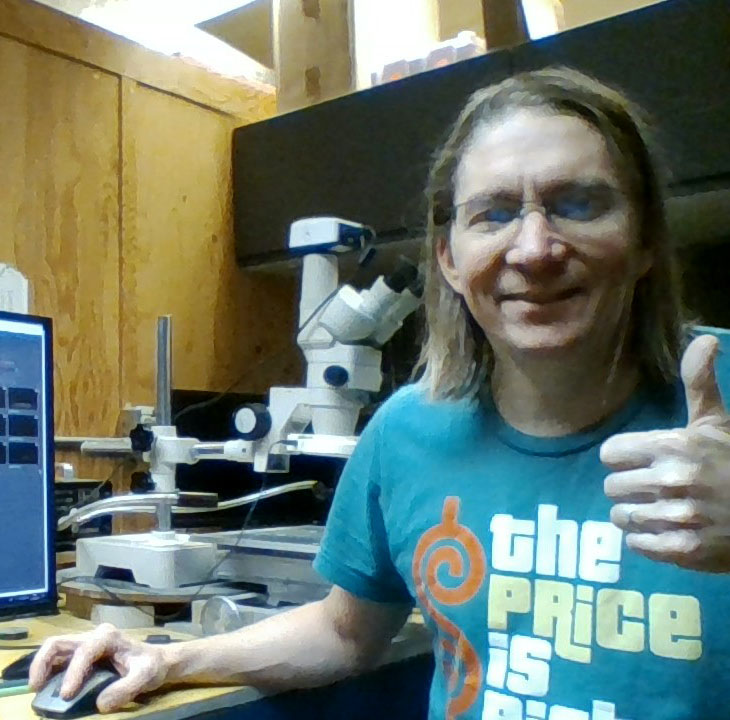
Karl Peterson
Associate ProfessorConcrete Materials: Microstructural analysis of concrete and other building materials
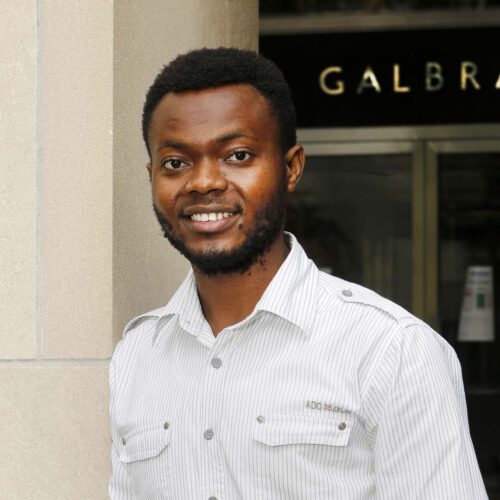
Ibrahim Ogunsanya
Assistant ProfessorConcrete Structures: Durability and sustainability of materials and reinforced structures; electrochemistry and corrosion
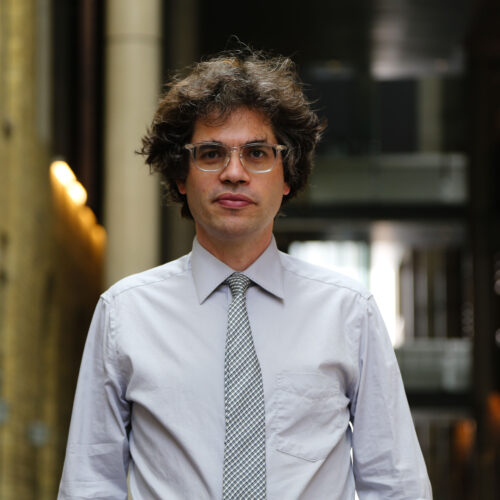
Jeffrey Siegel
ProfessorIndoor Air Quality: Filtration forensics/filtration; signal processing & ventilation; microbiome, airborne particulate & nanoparticles
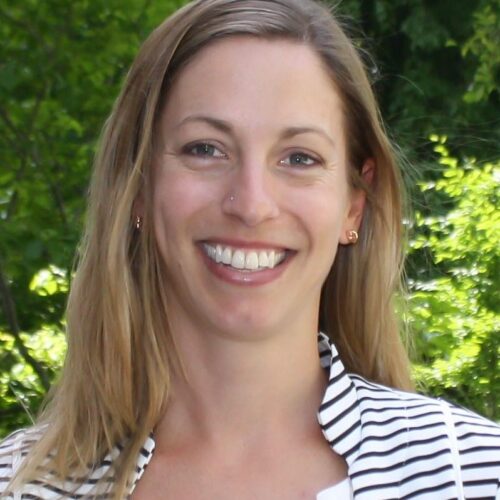
Marianne Touchie
Associate ProfessorBuilding Science: Building energy performance; building environmental monitoring; building energy use and indoor environmental quality

Daeho Kim
Assistant ProfessorConstruction Management: 3D reconstruction and digital twin of ongoing construction projects
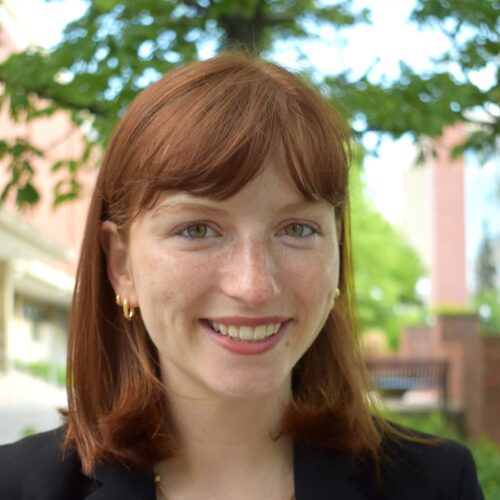
Sarah Haines
Assistant ProfessorBuilding Science: Indoor Environmental Quality

Seungjae Lee
Assistant ProfessorBuilding Science: Optimal design and operation of building energy systems; Applied AI technologies to realize Intelligent buildings